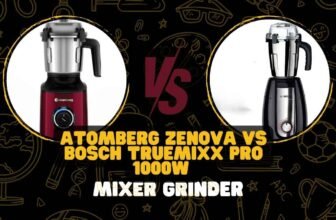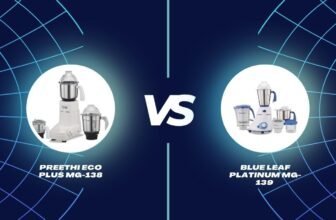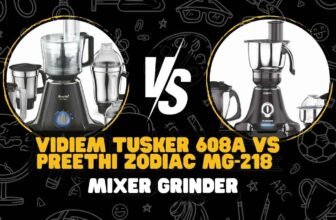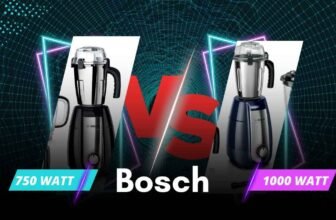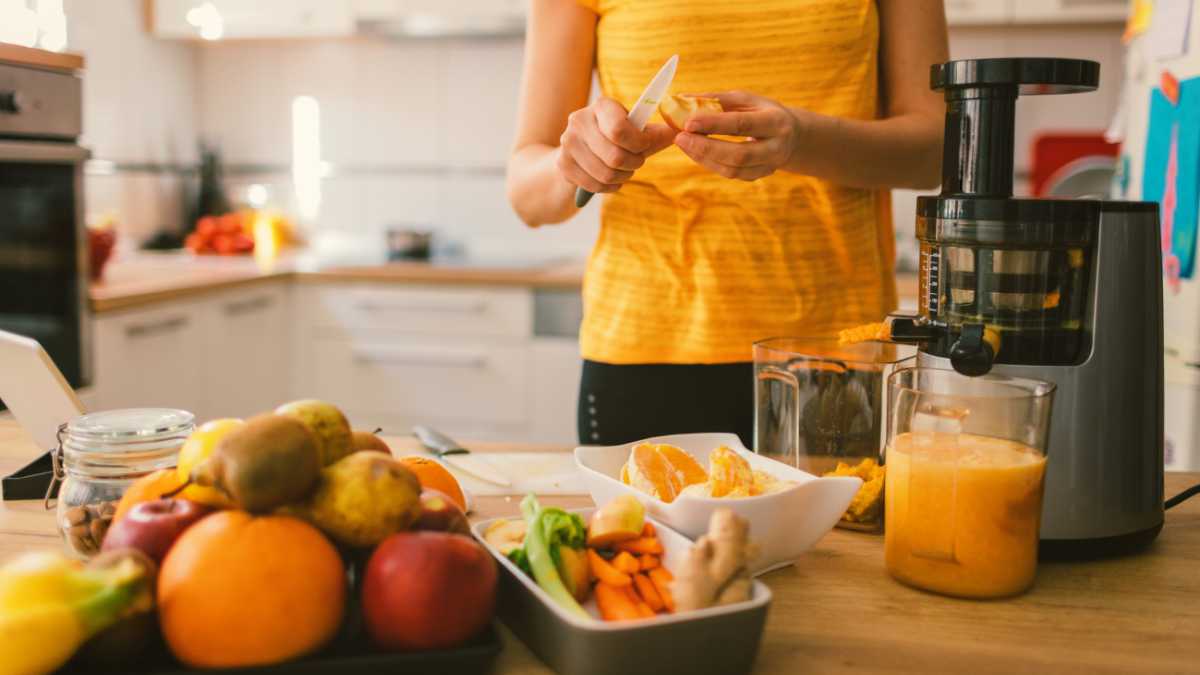
Have you tried cold-pressed juice before and wondered whether or not there are any potential downsides? Cold press juicers have gained immense popularity as an efficient means of extracting maximum nutrients from fruits and vegetables, yet their drawbacks still exist. We have provided this list here that highlights their lesser-known aspects so that before purchasing one you are informed as possible as to its possible downsides. Read through it now and discover its potential drawbacks before investing!
List of Cold Press Juicer Disadvantages
01. Cold Press Juicers have one major downside – high cost: Due to their complex pressing mechanisms, cold press juicers tend to cost significantly more than centrifugal ones and may cost as much as Rs18,000. You might find an acceptable centrifugal juicer for around Rs5,000 while quality cold press models could go as high as Rs18,000.
02. Time-Intensive Process: Cold press juicers may take more time and planning in terms of getting juice out, however, the methodical pace needed for preservation may prove annoying for busy morning routines.
03. Complex Maintenance and Cleaning: Maintaining and cleaning a cold press juicer can sometimes feel like solving an intricate jigsaw puzzle, as its many small parts must be disassembled after each use and individually disassembled before being assembled again for use. While centrifugal juicers only take five minutes or so to disassemble and clean between uses, cold press juicers may require up to 15 or even 20 minutes!
04. Cold Press Juicers Need More Space Than Most: Cold press juicers may seem compact at first, but due to their large footprint they require plenty of counter space – something which might prove challenging in an apartment kitchen where every square inch counts!
05. Cold Press Juicers and Soft Fruits: Cold press juicers may struggle when handling soft produce like mangoes or berries that require soft textures like mango pulp for optimal juice extraction, such as mango pulp. Although effective at handling harder produce like carrots and apples, their inefficiency when handling some softer textures could result in wasted juice production or lead to inefficient extraction altogether.
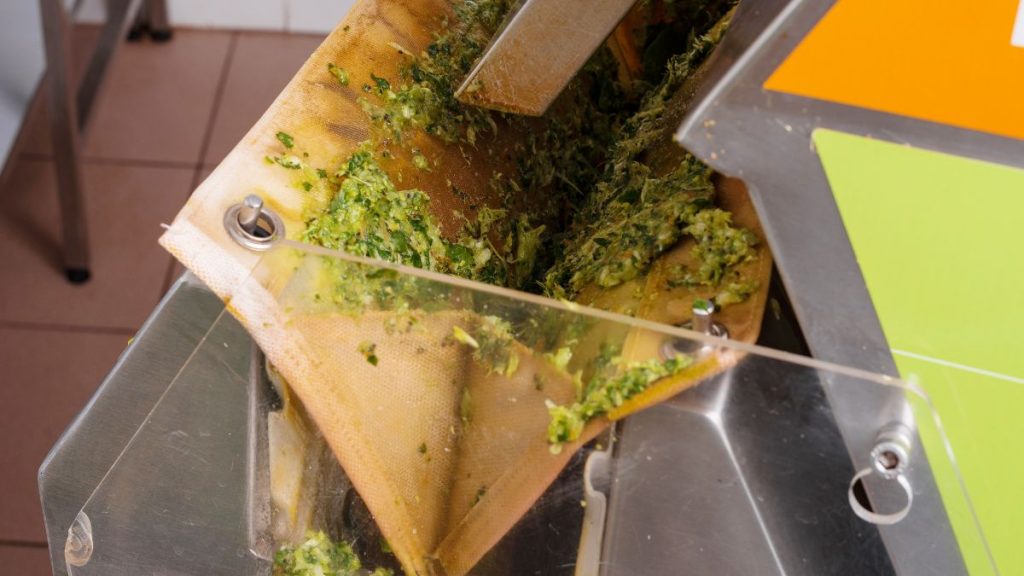
06. Noise level: Cold press juicers tend to generate lower noise than centrifugal ones; however, some noise may still be heard compared to centrifugal juicers; this shouldn’t interfere with your morning ritual as much. Still, though quieter than centrifugal ones can still generate some sound; just remember it may disrupt it slightly more in terms of convenience!
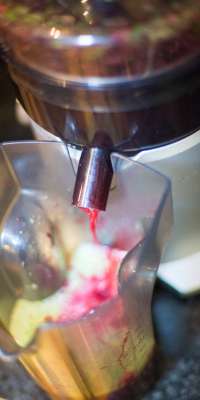
07. Possible Nutrient Loss Over Time: Cold press juicers have earned praise for their impressive retention of nutrients; however, once exposed to air the nutrients can begin to degrade. Therefore, any juice left sitting for some time won’t contain as many vital micronutrients as when originally produced.
08. Extended Prep Time: To fit them into the chute of a cold press juicer, apples and beets may need to be cut up into smaller pieces to fit. This extra work adds time to your overall process as compared to centrifugal juicers which typically feature larger feeding chutes.
09. Cold-Pressed Juice Shelf Life: Cold-pressed juice doesn’t last very long in storage due to being nonpasteurized – we advise drinking it within 24-48 hours after pressing to preserve optimal quality and freshness.
10. Risk of Bacterial Contamination: Due to its lack of heat in cold pressing processes, there’s the possibility for bacterial contamination if your produce isn’t carefully washed before or your juicer isn’t cleaned after each use – in extreme cases this has led to foodborne illnesses from improper handling of produce.
Is a cold press juicer better than a juicer?
Cold press juicers are often considered superior to centrifugal juicers due to higher nutrient retention, better juice quality and increased juice yield, along with greater versatility and greater affordability compared to their centrifugal counterparts. Unfortunately, however, cold press models tend to be more costly and take more time when processing fruits or vegetables; select one based on your priorities, budget and desired produce!
Is it bad to drink too much cold-pressed juice?
Cold-pressed juice consumption should only be done sparingly to help protect against its health-harmful aspects; excessive drinking could increase sugar consumption, reduce fibre intake, increase caloric intake and create nutritional imbalance. Drink in moderation as part of an overall balanced approach including whole fruit and vegetable servings in your daily diet plan for the best results.
Sources:
https://www.thespruce.com/how-to-clean-a-juicer-5093604
https://extremewellnesssupply.com/blogs/news/is-slow-juicing-the-same-as-cold-pressed
Also read,



